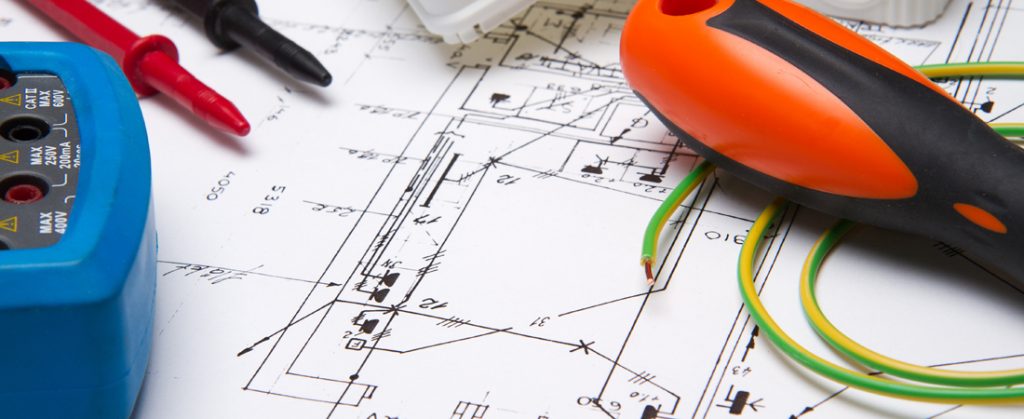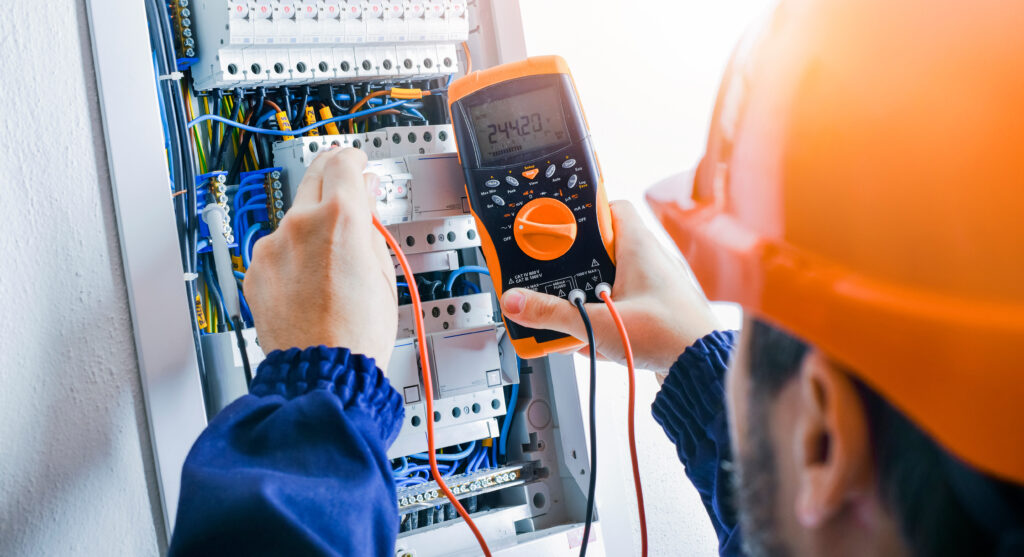Not all electrician Derbyshire are the same—and if you’re hiring one in Derbyshire, it’s important to know whether you need a residential or commercial specialist. Each has a different focus, skill set, and area of expertise.
So, what sets them apart? Here’s a breakdown to help you understand the key differences—and why choosing the right one matters.
1. Work Environment and Type of Projects
-
Residential Electricians work in homes, flats, and residential buildings. They handle things like wiring new houses, installing sockets, lighting, circuit breakers, and home safety systems.
-
Commercial Electricians operate in larger-scale environments such as offices, factories, shops, warehouses, and schools. Their work often involves complex power systems, industrial lighting, security systems, and large-scale installations.

👉 If you’re upgrading your home, go residential. If it’s a business or public facility, go commercial.
2. System Complexity and Load Requirements
-
Residential systems run on a lower voltage (typically 230 volts in the UK). The wiring is less complex and designed to power lights, appliances, and standard electronics.
-
Commercial systems deal with higher voltages and loads. They require specialized knowledge to install and maintain three-phase systems, backup generators, energy-efficient lighting systems, and industrial control panels.
3. Tools and Equipment
-
Residential electricians use hand tools and testing devices suited for smaller systems—like voltage testers, wire cutters, and circuit finders.
-
Commercial electricians use industrial-grade tools and often work with conduit benders, power saws, thermal scanners, and equipment designed for large installations.
4. Regulations and Compliance
Both must follow UK Wiring Regulations (BS 7671), but:
-
Commercial electricians must also consider health and safety codes for public spaces, building control standards, fire risk assessments, and commercial-specific regulations (like EICR reports for business premises).
-
Residential electricians focus more on compliance for private dwellings, home energy efficiency, and modern consumer unit standards.
5. Training and Certification
While both types of electricians may have similar base qualifications, many:
-
Residential electricians specialize in domestic installations, fault finding, and home automation.
-
Commercial electricians often hold extra certifications in fire alarms, data cabling, commercial energy systems, and may work with building contractors or large-scale developers.

6. Cost and Timeframe
-
Residential jobs are usually smaller, less time-consuming, and priced per hour or per task.
-
Commercial jobs are larger in scope, require more planning, and often operate under formal contracts with detailed specs and deadlines.
Why It Matters for Derbyshire Residents and Businesses
Hiring the wrong type of electrician can lead to poor performance, code violations, or safety hazards. In Derbyshire, where regulations and energy efficiency standards are increasingly enforced, choosing the right professional isn’t just smart—it’s essential.
Final Thoughts
Whether you’re rewiring a home in Chesterfield or upgrading a factory in Derby, understanding the difference between residential and commercial electricians ensures you hire the right expert for the job. Each plays a critical role—but their skills, tools, and experience are built for very different environments.




